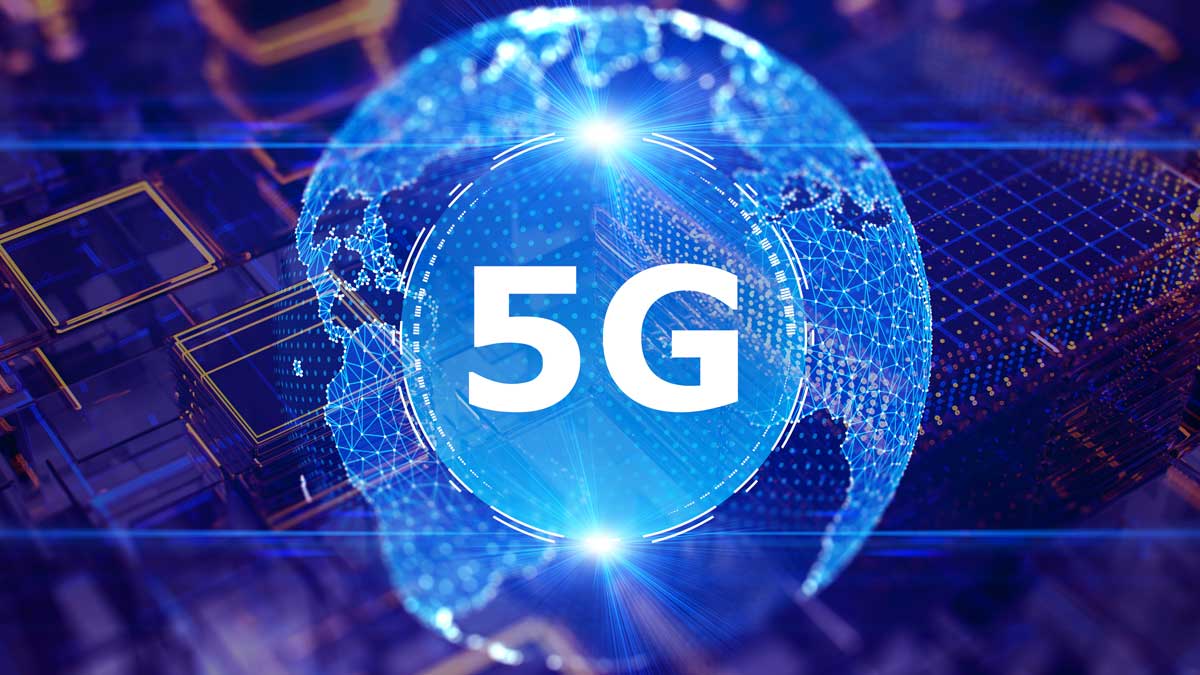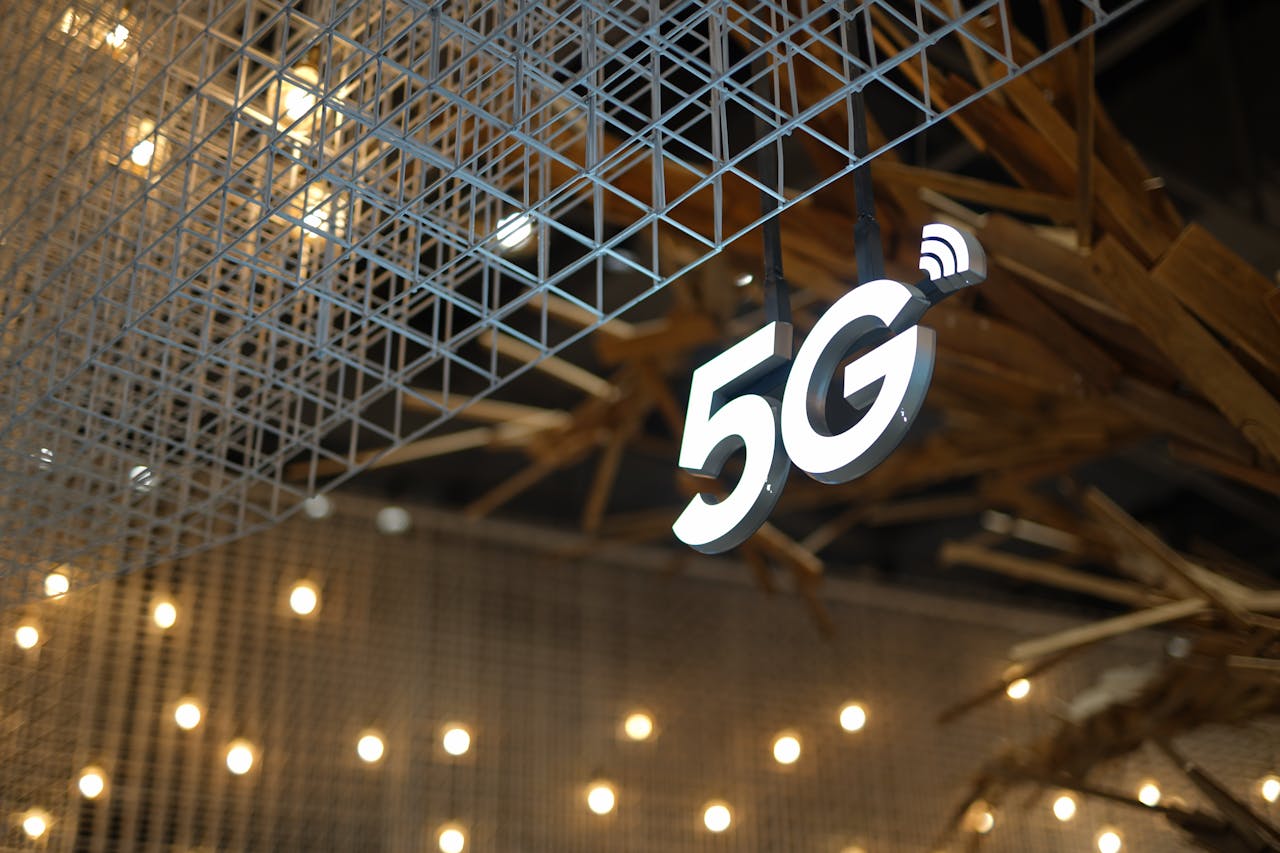5G Technology: The Evolution of Connectivity and Its Impact on Industries
The advent of 5G technology represents a significant leap forward in telecommunications, promising faster speeds, lower latency, and greater capacity for data transmission than ever before. As 5G networks continue to roll out globally, the technology is poised to revolutionize connectivity across various industries, driving innovation, transforming business operations, and unlocking new opportunities for growth. Let's explore the evolution of 5G technology and its far-reaching impact on industries worldwide:
Enhanced Connectivity and Communication


Faster Speeds and Lower Latency
5G technology offers dramatically faster download and upload speeds, enabling seamless streaming, real-time video conferencing, and instant access to cloud-based services. With lower latency, the time it takes for data to travel between devices and networks is significantly reduced, enhancing the responsiveness and performance of connected applications and services.
Massive IoT Connectivity
5G networks can support a massive number of connected devices simultaneously, making it ideal for the Internet of Things (IoT) applications in industries such as manufacturing, healthcare, transportation, and smart cities. The ability to connect and communicate with a vast array of sensors, devices, and machines in real time enables innovative solutions for monitoring, automation, and optimization.
Transformation of Industries
Manufacturing and Industry 4.0
In the manufacturing sector, 5G technology facilitates the transition to Industry 4.0 by enabling smart factories, autonomous robots, and connected machinery. With ultra-reliable, low-latency communication, manufacturers can implement real-time monitoring, predictive maintenance, and adaptive production processes, leading to greater efficiency, productivity, and flexibility.
Healthcare and Telemedicine
5G technology has the potential to revolutionize healthcare delivery by enabling remote patient monitoring, telemedicine consultations, and virtual surgeries. High-speed, low-latency connectivity allows healthcare professionals to transmit medical data, images, and video streams in real time, improving access to care, enhancing diagnostic accuracy, and enabling timely interventions.
Innovation and Economic Growth
Autonomous Vehicles and Smart Transportation
5G networks play a crucial role in advancing autonomous vehicle technology and smart transportation systems. With ultra-fast, reliable connectivity, vehicles can communicate with each other, roadside infrastructure, and centralized control systems to navigate safely, optimize traffic flow, and reduce congestion. The widespread adoption of connected and autonomous vehicles promises to revolutionize mobility, improve road safety, and reduce carbon emissions.
Augmented Reality and Virtual Reality
5G technology unlocks new possibilities for immersive experiences in augmented reality (AR) and virtual reality (VR) applications. With high-speed, low-latency connectivity, users can enjoy seamless streaming of high-definition content, interactive gaming experiences, and immersive training simulations. From entertainment and gaming to education and training, AR and VR technologies powered by 5G are driving innovation and transforming user experiences across industries.
Challenges and Considerations
Infrastructure Deployment
The rollout of 5G networks requires substantial investment in infrastructure, including the deployment of small cells, antennas, and fiber-optic cables to support high-speed connectivity. Challenges such as spectrum allocation, regulatory hurdles, and public concerns about health and privacy must be addressed to ensure widespread adoption and equitable access to 5G technology.
Security and Privacy
As connectivity expands and data flows increase with 5G technology, cybersecurity becomes a paramount concern for businesses, governments, and individuals. Safeguarding sensitive data, protecting network integrity, and mitigating cybersecurity risks are essential to maintaining trust and confidence in 5G networks and the applications they support.


5G technology represents a transformative milestone in the evolution of connectivity, offering unprecedented speed, capacity, and reliability for a wide range of applications and industries. From enhanced communication and collaboration to breakthroughs in healthcare, transportation, and entertainment, the impact of 5G is far-reaching and profound. As the deployment of 5G networks accelerates worldwide, businesses, policymakers, and society as a whole must collaborate to harness the full potential of this transformative technology while addressing challenges and ensuring inclusivity, security, and sustainability for all.












